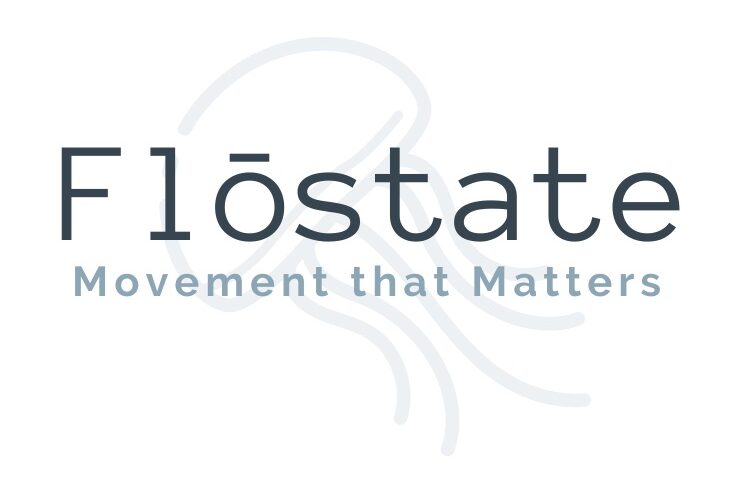RESILIENCE. It’s a pretty strong word, right? We want to be resilient. Have a resilient body. And be able to count on a resilient mind. So what exactly does that mean, and how do we become more resilient?
Definition of Resilience
The capacity to recover quickly from difficulties; toughness.
Resilience is multidimensional and encapsulates the mental, emotional, physical, spiritual parts of us. Let’s focus on the mental and physical aspects here.
Mental Resilience is the ability to adapt to change and uncertainty.
Physical Resilience is the ability to recover and optimize function in response to the stressors of disease, injury, or age-related physical decline.
Resilience is what gives people the emotional strength to cope with trauma, adversity, and hardship. Those lacking resilience get easily overwhelmed, and may turn to unhealthy coping mechanisms. Resilient people do the opposite. They utilize their resources, strengths, and skills to overcome challenges and work through setbacks. They have healthy coping mechanisms and support systems.
You can increase resilience by:
Mental:
- By creating support systems, healthy coping mechanisms, stress relieving strategies and using them
- By getting out of your comfort zone and flexing your “resilience muscle”
- By fostering overall mental health
Physical:
- By consistently moving your body in different ways
- By trying different things that challenge or scare you (hint: this is mental too!)
- By fostering overall physical health
Resilience is also built through “reps”: The more times we face mental and physical challenges and overcome them, we build resilience. The learning and confidence that results from overcoming challenges is powerful, and reminds us that we can do it again the next time we encounter adversity.
5 Resilience Building Self-Care Strategies
Mindset Muscle
Having the right mindset is essential. Each thought has power. Are we powering constructive or destructive thoughts? Practice having empathy for others and reframing your situation in a more positive way.
Breathe Through It
Breathing is proven to calm the mind and body and increase awareness and attention. The next time you are stressed or overwhelmed, close your eyes and inhale/exhale for 4-6 seconds each.
Get Moving Now
Movement helps create a strong, mobile, healthy body and a clear mind. Also, try something new physically that gets you out of your comfort zone or requires you to learn a new skill. Sign up for a race, try snorkeling on that vacation, etc. When we overcome nervousness or fear we flex that resilience muscle!
Create a Margin
Intentionally creating space for what’s meaningful to you reduces stress levels and creates freedom to actually be present. It takes us out of scarcity and panic mode and allows us to be more flexible and tolerant. Create space in your calendar now.
Get Vulnerable to Connect
Vulnerability encourages connection. And connection fosters relationships and a
support network that you can rely on when things get tough. Open up and share your struggles.
We can’t escape stressful situations and the challenges placed on us, but we can equip ourselves to handle it all just a little bit better and in doing so, make ourselves a little more resilient each time.
